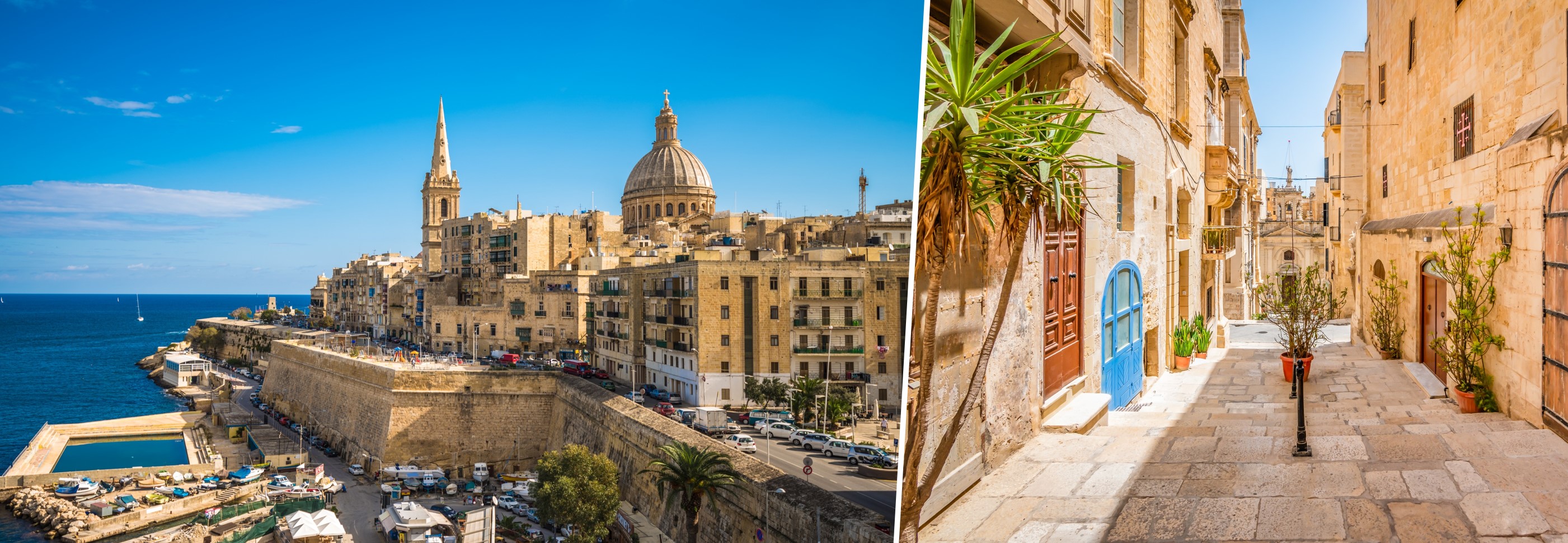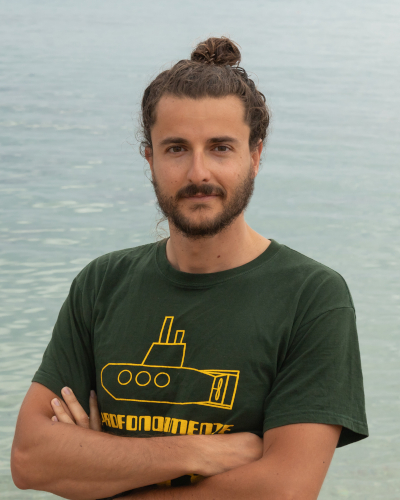SPECIAL SESSION #5
Benthic Metrosea: Exploration and Monitoring of Marine Habitats
ORGANIZED BY
Giovanni Chimienti
Università degli Studi di Bari Aldo Moro, Italy
ABSTRACT
The Benthos is the community of organisms that live on, in, or near the seabed. Many benthic organisms can create habitats of great ecological and economic importance, such as seagrass meadows, rhodolith beds, coralligenous bioconstructions and coral reefs/forests. The study of benthic organisms can provide countless information about marine communities, encompassing ecosystem goods and services, vulnerable marine ecosystems, essential fish habitats and anthropogenic impacts (e.g. fishery, pollution, climate changes). This session aims to collect contributions concerning living benthic organisms, from the euphotic zone to the unseen mesophotic and aphotic depths. Measuring the benthic life is still providing critical information supporting studies which investigate both the taxonomy and the ecology of the species. Exploration and monitoring are the first two actions toward habitat protection.
ABOUT THE ORGANIZER
Giovanni Chimienti held his PhD in Evolutionary and Environmental Sciences during 2016 and is currently Researcher at the Red Sea Research Center, King Abdullah University of Science and Technology (KAUST; Saudi Arabia). He is also part of the IUCN World Commission on Protected Areas, consultant for FAO and National Geographic Explorer. His main scientific research is about corals and benthic environments, with particular focus on mesophotic and deep ones. Chimienti’s studies concern coral taxonomy (Order Antipatharia, Alcyonacea and Pennatulacea), biodiversity and population structure of benthic habitats. He uses submersibles and remotely operated vehicles for deep-sea explorations, as well as data collected during fishing operations. Moreover, he is developing non-invasive models to assess population structure and dynamics in vulnerable coral species using visual methods.

























